Conference season is upon us once again! Detailed below is our schedule for this year:
Smart Cities 2017 – 4th April
In partnership with Salford Professional Development, we will be hosting the 2017 Smart Cities Conference on the 4th April at AJ Bell Stadium
The Smart Cities Conference 2017 will bring together experts from government and industry to give their views on how smart technology can be used to improve the lives of the 45 million people living in the UK’s town and cities. A wide range of topics will be covered providing exclusive insights into how we can transform our urban areas to make them more efficient, more sustainable and safer. These topics will be brought to you by leading minds:
David Ludlow, Associate Professor of Smart Cities, Bristol UWE
Tim Pryce, Associate Director of Programmes Team, The Carbon Trust
Nick Chrissos, Head of Innovation Cisco Technology
Mark Saunders, UK Projects Director Centre of Excellence for Cities, Ferrovial
Chris Nicola, Head of Urban Partnerships, MKTG
Barney Smith, Chief Executive, Bristol is Open
Steve Turner, Associate, Arup
Simon Navin, Programme Manager, Smart Cities Practice, Ordnance Survey
In the North West, Manchester has established a “smart quarter” where established firms can link up with tech start-ups to collaborate and innovate new solutions to the challenges facing the city. The event will explore the growth and potential of creating connected urban areas, using technological investment and forward thinking.
Government Property & Estates – 27th April
Join us for the Government Property and Estates where leading experts will explain how the initiative could help your organisation make significant savings over the next four years. Learn how engaging with the One Public Estate programme can improve services, boost capital receipts and generate economic growth.
Smart Homes & Workplaces – 21st June
“Internet-enabled appliances, home automation components and energy management devices are moving us toward a vision of ‘smart homes’, offering more security and energy efficiency.” – The Internet Society
The internet of things (IoT) and smart technology have the capacity to make our homes more efficient and our workplaces safer. Smart homes can monitor our health and control our energy use while internet enabled censors in the workplace can track stock levels and automatically report building maintenance issues. But with these exciting advances comes a great deal of risk. Critics have suggested that too many of the current IoT enabled devices are vulnerable to cyber-attack while concerns have been raised about the privacy of staff in a workplace capable of monitoring their every move.
Join us for the Smart Homes and Workplaces Conference where leading experts in digital technology will explain how the latest innovations are shaping the buildings we live and work in. See how smarter buildings can connect colleagues and save on utility bills, understand the security risks of a fully integrated home or office and anticipate how houses and businesses can be designed with the future in mind.
Mental Health Facilities & Estates Conference – TBC
“There is clear evidence to show that if you get the environment right, this has benefits not only for people who use care services, but also for their families, friends and staff.” – Professor Martin Green, Care England
The NHS focuses on parity between mental and physical health, it is essential that healthcare estates adapt and innovate in order to provide a safe and compassionate environment for all patients. As the NHS moves towards a community centred model of care, specialist mental health units must adapt for a new role caring specifically for patients with the most complex mental health conditions. From basic changes to layout and signage to introducing digital innovations such as wearable tech, advanced censors and telehealth initiatives, major innovations are brining mental health estates into the 21st century. Measures must also be taken to ensure that all NHS estates, including hospitals and GP surgeries, are accessible and friendly for patients with varying types of mental health problems.
Join us for the Mental Health Facilities and Estates Conference where leading experts will explain how new innovations are changing the way we care for those with serious mental health conditions. Gain insights into Government health policy, understand how mental health estates can contribute to the aims of the Five Year Forward View and be the first to see the very latest in mental health technology.


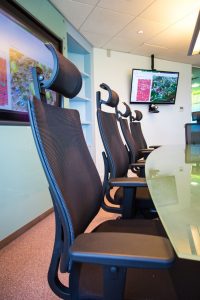
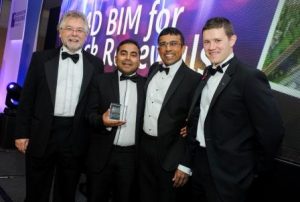

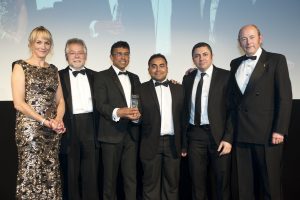
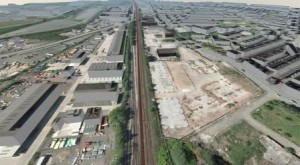
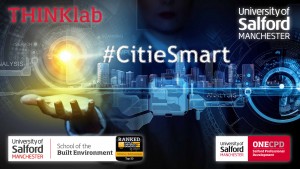
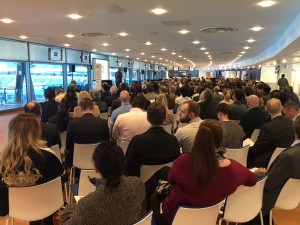
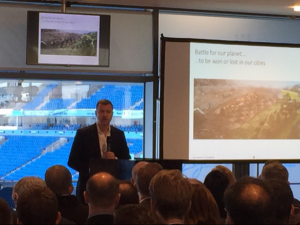
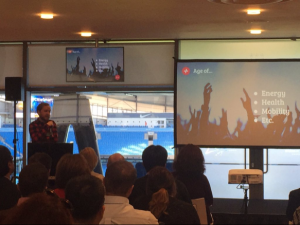
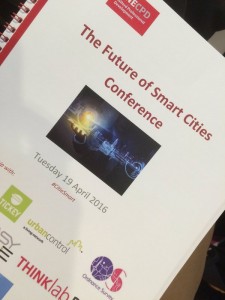
Recent Comments